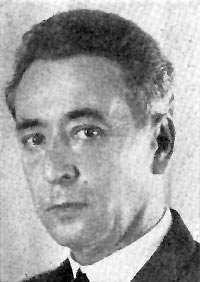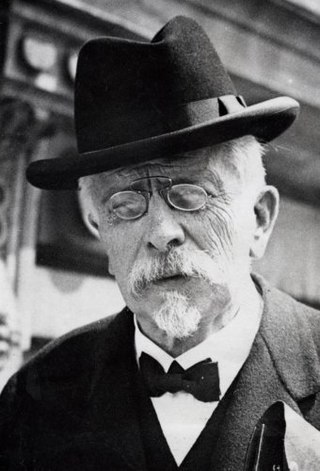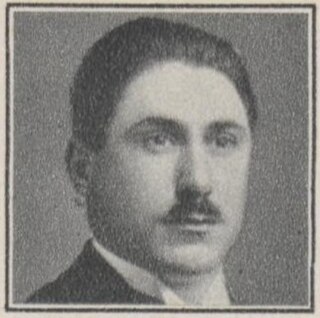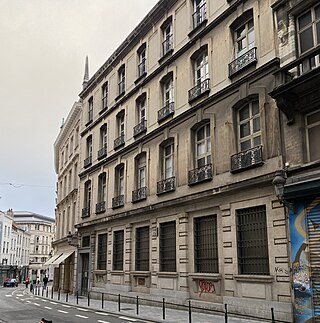Contents
| |||||
| Decades: | |||||
|---|---|---|---|---|---|
| See also: | Other events of 1959 List of years in Belgium | ||||
Events from the year 1959 in Belgium
| |||||
| Decades: | |||||
|---|---|---|---|---|---|
| See also: | Other events of 1959 List of years in Belgium | ||||
Events from the year 1959 in Belgium
The Congolese franc is the currency of the Democratic Republic of the Congo. It is subdivided into 100 centimes. However, centimes no longer have a practical value and are no longer used. In April 2024, 2,800 francs was equivalent to US$1.

Ruanda-Urundi, later Rwanda-Burundi, was a geopolitical entity, once part of German East Africa, that was occupied by troops from the Belgian Congo during the East African campaign in World War I and was administered by Belgium under military occupation from 1916 to 1922. It was subsequently awarded to Belgium as a Class-B Mandate under the League of Nations in 1922 and became a Trust Territory of the United Nations in the aftermath of World War II and the dissolution of the League. In 1962 Ruanda-Urundi became the two independent states of Rwanda and Burundi.

Pierre Ryckmans, was a Belgian civil servant who served as Governor-General of Belgium's principal African colony, the Belgian Congo, between 1934 and 1946. Ryckmans began his career in the colonial service in 1915 and also spent time in the Belgian mandate of Ruanda-Urundi. His term as Governor-General of the Belgian Congo coincided with World War II in which he was instrumental in bringing the colony into the war on the Allied side after Belgium's defeat in May 1940. He was also a prolific writer on colonial affairs. He was posthumously created a peer of the realm in the Belgian nobility with the rank of count in 1962.
Eugène Jungers (1888–1958) was a Belgian colonial civil servant and lawyer. Beginning his career in the Belgian Congo as a colonial magistrate, Jungers rose rapidly through the judiciary and became the colonial governor of the League of Nations Mandate of Ruanda-Urundi from 1932 to 1946. In 1946, Jungers was further promoted to Governor-General of the Belgian Congo, the senior administrative position in the colony, which he held from 1946 to 1952.
Léo Pétillon was a Belgian colonial civil servant and lawyer who served as Governor-General of the Belgian Congo (1952–58) and, briefly, as Minister of the Belgian Congo and Ruanda-Urundi (1958).
Joseph Cimpaye was a Burundian politician and writer.
The Union Zaïroise de Banques (UZB), known before 1971 as the Banque Belge d'Afrique and after 2005 as the Union des Banques Congolaises, was a bank based in Kinshasa. It was established in 1929 by Belgium's Banque de Bruxelles as its main African banking affiliate, and remained majority-owned by European banks until nationalization in 1995. Its activities were liquidated in the early 2010s.
This is a survey of the postage stamps and postal history of the Democratic Republic of the Congo, formerly Zaire and the Belgian Congo.

The Belgian Minister of the Colonies was a Belgian parliamentarian who was responsible for the territories of the colonial empire in Central Africa from 1908 to 1962, comprising the colony of the Belgian Congo (1908–60) and the international mandate of Ruanda-Urundi (1916–62). The exact title was changed on several occasions.

Frans Hubert Edouard Arthur Walter Robyns (1901-1986), known as Walter Robyns, was a Belgian botanist. His son, André Robyns (1935–2003), was also a botanist.

The Belgo-Congolese Round Table Conference was a meeting organized in two parts in 1960 in Brussels between on the one side representatives of the Congolese political class and chiefs and on the other side Belgian political and business leaders. The round table meetings led to the adoption of sixteen resolutions on the future of the Belgian Congo and its institutional reforms. With a broad consensus, the date for independence was set on June 30, 1960.

Jean-Paul Harroy was a Belgian colonial civil servant who served as the last Governor and only Resident-General of Ruanda-Urundi. His term coincided with the Rwandan Revolution and the assassination of the popular Burundian political leader Prince Louis Rwagasore. It has been alleged that Harroy may have been implicated in the murder.

The Banque du Congo Belge was a Belgian colonial bank that mainly operated in the Belgian Congo from 1909 to 1960. Following Congolese independence, it kept operating as the Banque du Congo from 1960 to 1971, the Banque Commerciale Zaïroise from 1971 to 1997, and the Banque Commerciale Du Congo (BCDC) from 1997 to 2020, when it was acquired by Kenya-based Equity Group Holdings and became part of Equity Banque Commerciale du Congo.
The Archives Africaines of the Belgian Federal Public Service Foreign Affairs in Brussels contains records related to colonial Congo Free State, Belgian Congo and Ruanda-Urundi, 1885-1962. The archives was transferred in 1960 to the Ministère belge des Affaires étrangères. In 2015 the archives went to the Belgian State Archives, an arrangement expected to continue until 2018. The Archives Africaines includes "the archives of the former Ministry for Colonies, the archives of the Governor-General of the Congo, and the files on former colonial personnel ."
Events from the year 1957 in Belgium
Count Albert-Émile de Beauffort was a Belgian colonial administrator.
Louis Joseph Postiaux was a Belgian colonial administrator who was governor of Ruanda-Urundi, and then governor of Katanga Province.
Alfred Frédéric Gérard Marzorati was a Belgian lawyer and colonial administrator. He served at the bar in Brussels, then became a magistrate in the Belgian Congo. During World War I he was a legal advisor to the Belgian forces occupying German East Africa. He was appointed royal commissioner in charge of the Belgian mandate of Ruanda-Urundi in 1919, and strongly supported the 1926 administrative union between these territories and the Belgian Congo.

Alfred Marie Joseph Ghislain Claeys-Boúúaert was a Belgian lawyer, colonial administrator and diplomat. He was acting governor of Ruanda-Urundi from 1952 to 1955. Later he served on the United Nations Trusteeship Council.

The Banque Centrale du Congo Belge et du Ruanda-Urundi (BCCBRU) was a short-lived central bank whose territorial remit covered Belgian Congo and Ruanda-Urundi. It was established in 1952 to take over monetary authority from the private-sector Banque du Congo Belge upon expiry of the latter's issuance charter. Made obsolete by Congolese independence in mid-1960, it finally ceased activity on 31 August 1961.